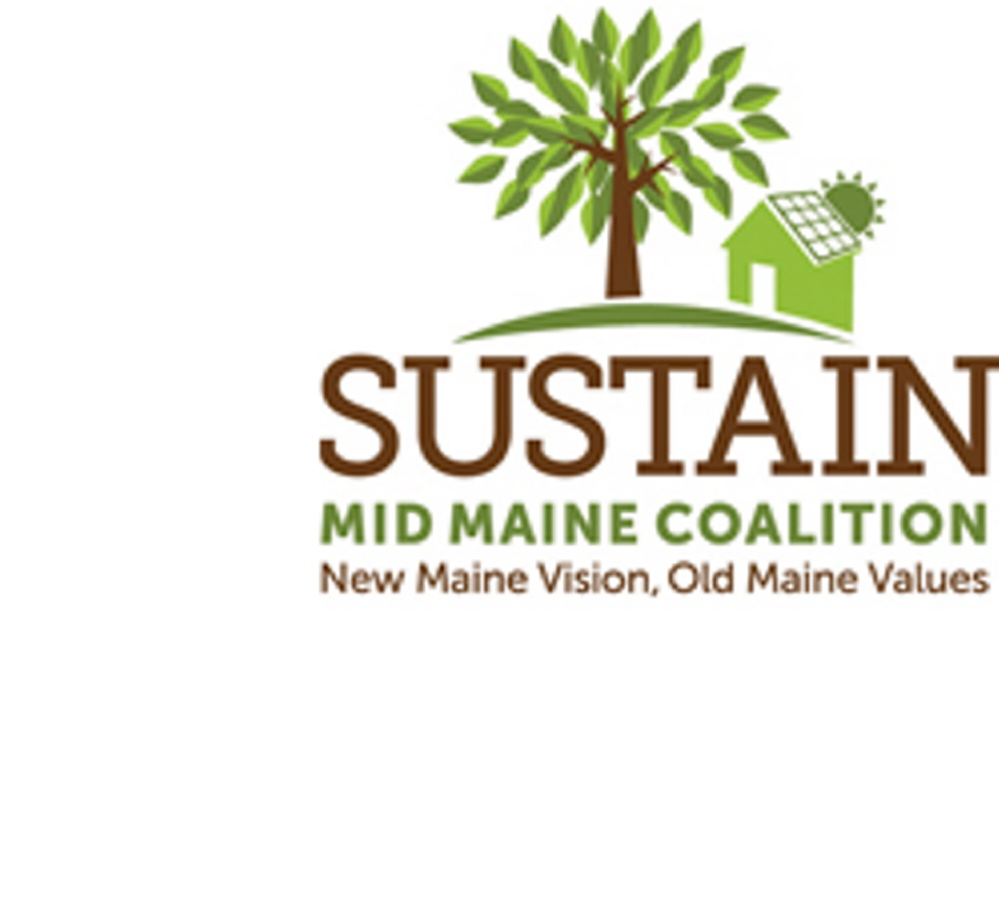Permaculture and Maine Organic Farmers and Gardeners Association were conceived during the time of peak oil production in the United States, the Vietnam War, burgeoning environmental awareness and knowledge that our processed foods contain pesticides, and few vital nutrients.
MOFGA, which began in 1971, is the largest and oldest state organic association in our country. Permaculture, which began in Australia in 1974, combines the best of natural landscaping and edible landscaping. The Resilience Hub and Portland Permaculture began in 2005 and now has more than 2,000 subscribers, making it the fourth-largest permaculture group out of 618 worldwide groups.
It can’t be coincidence that permaculture flourishes in a state nourished by MOFGA’s persistence in promoting awareness and advocacy about the connection between healthy foods and environmentally sound farming practices.
“It’s not like we know what we’re doing.” You might be surprised to hear that from recent graduates of a Permaculture Design Certificates class. Some of us have been using organic methods to grow vegetables for almost a decade and, yet, working as a group puts a novel emphasis on how to accomplish our tasks.
Three Rivers Permaculture is at the beginning stages of building trust with each other by sharing information and experiences about how to grow local food. We’re working out a common identity. Eventually, we’ll be able to develop shared work projects for our community based on resilient relationships among our members.
What’s behind our desire to come together as a group and work through such challenging tasks? We’re scared. We are afraid the world of today is disintegrating, and we aren’t content to sit back and watch without trying to change it.
Members of Three Rivers know a great deal about organic growing techniques and food species, but not so much about working together as a team, working through consensus, and working out the interpersonal conflicts that arise as differences split decision making and choices. Our collective food-growing knowledge has gaps because we have not lived as farmers for most of our lives but rather as growers of natural foods with supermarkets to rescue us from our crop failures or from being totally self-reliant.
What comes to mind when someone says “food.” Fields of vegetables or aisles in a supermarket? Or worse yet, a paper-covered hamburger in a cardboard container with fries on the side? We’ve become disconnected from centuries of accumulated knowledge about how to harvest, preserve and cook in harmony with seasonal availability. We struggle as much as anyone with the inherent challenges of returning to local markets and home-grown produce.
Permaculture is about more than sustainable agriculture. It challenges us to transform our secular lifestyle, created by “human progress,” into a sacred relationship with Earth and each other. The changes created to make our lives “easier” — mechanical substitutions for manual labor, dependence on electricity, electronic gadgets and suburbs that require transportation in separate vehicles — have contributed to a rising sense of isolation and despair.
Permaculture asks us to build a different future to establish fellowship with each other, links with our neighborhoods and participation in determining local sources of food; to develop kinship with our land and our homes; to sit still to absorb the spirit of place (smell, sound, sight of wind, rain, soil, plants and animals, as well as cars, kids, airplanes); to establish a relationship with the outdoors. We live as part of nature, not separately, and our actions are in constant dialogue whether or not we are aware of it.
Permaculture adherents take the knife of “not knowing” between their teeth and say, “Let’s just do it.” Someday we will be the elders our children remember who taught them how to thrive in the face of adversity. We want to focus on local issues we can influence, local foods we can grow in our yards, organic methods to turn lawns into living soils with edible ornamentals or food crops, and expand local markets. We want to engage and encourage cooperative community-based gardens that lift and join our spirits and strengthen our connections with neighbors and friends.
Gale Davison holds a Permaculture Design Certificate and has been the team leader for Three Rivers Permaculture since asking Sustain Mid Maine Coalition to sponsor a permaculture group in January. Three Rivers can be found on Facebook groups under Sustain Mid Maine Permaculture or on SMMC’s website, www.sustainmidmaine.org.
Send questions/comments to the editors.



Comments are no longer available on this story